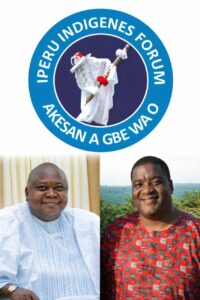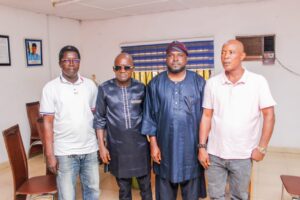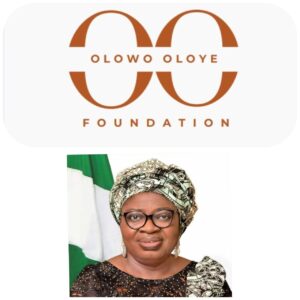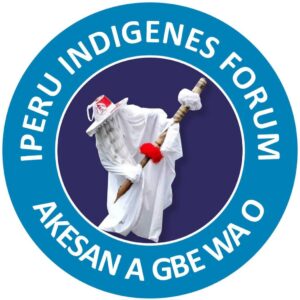SERAP Takes Legal Action Against NBC for Banning Eedris Abdulkareem’s Song ‘Tell Your Papa’
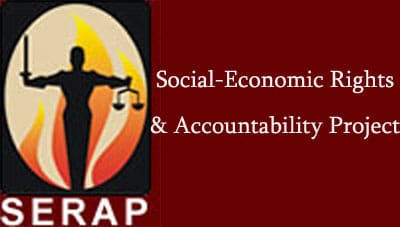
SERAP Takes Legal Action Against NBC for Banning Eedris Abdulkareem’s Song ‘Tell Your Papa’
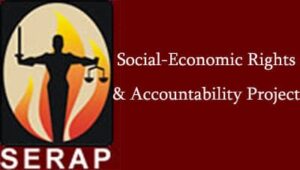
The Socio-Economic Rights and Accountability Project (SERAP) has filed a lawsuit against the National Broadcasting Commission (NBC), challenging what it calls the “arbitrary and unlawful” prohibition of Eedris Abdulkareem’s song “Tell Your Papa.”
This revelation was made in a statement by SERAP’s Deputy Director, Kolawole Oluwadare, distributed to the media on Sunday. The song, which reportedly critiques President Bola Tinubu’s economic policies, has been banned from airing due to alleged violations of “public decency standards.”
The lawsuit, registered as FHC/L/CS/797/2025, was submitted to the Federal High Court in Lagos. SERAP is requesting that the court nullifies the NBC’s directive, arguing that it conflicts with fundamental rights such as freedom of expression, access to information, and media freedom.
Additionally, SERAP seeks a “perpetual injunction” to prevent the NBC, as well as any other authorities or individuals, from blocking the broadcast of Eedris Abdulkareem’s song across all media platforms in Nigeria.
The organization also requests a declaration affirming that the NBC’s directive, communicated in a letter dated April 9, 2025, to broadcasters prohibiting the song’s airing, is unlawful and incompatible with rights related to free expression and media freedom.
In the lawsuit, filed by Oluwadare along with two other attorneys, SERAP contends that the ban does not meet legal standards of necessity and proportionality, thereby violating both Nigerian and international laws regarding freedom of expression.
SERAP emphasizes that Section 3.1.8 of the Nigeria Broadcasting Code is excessively broad and intrusive, undermining fundamental rights to freedom of expression, access to information, and media freedom.
The organization asserts that artistic expression is vital for democratic discourse, and that imposing censorship inhibits social discussions and diminishes democratic values.
“The ban on Eedris’ song fails to satisfy the requirements of legality, necessity, and proportionality,” stated SERAP. “It is essential to evaluate the proportionality of the justifications provided, ensuring that the claims of ‘objectionable nature’ and ‘public decency’ do not serve as a pretext to unduly infringe upon the human rights of Nigerians.”
The statement also highlighted that Article 19(1) of the International Covenant on Civil and Political Rights affirms the right to freedom of opinion without interference, while Article 19(2) delineates Nigeria’s duty to uphold the right to freedom of expression, which encompasses the freedom to seek, receive, and disseminate information, regardless of borders.
Moreover, Article 19(3) stipulates that any restrictions on the freedom of expression must be legally defined and essential for safeguarding the rights of others, maintaining national security, or upholding public order, health, or morals.
